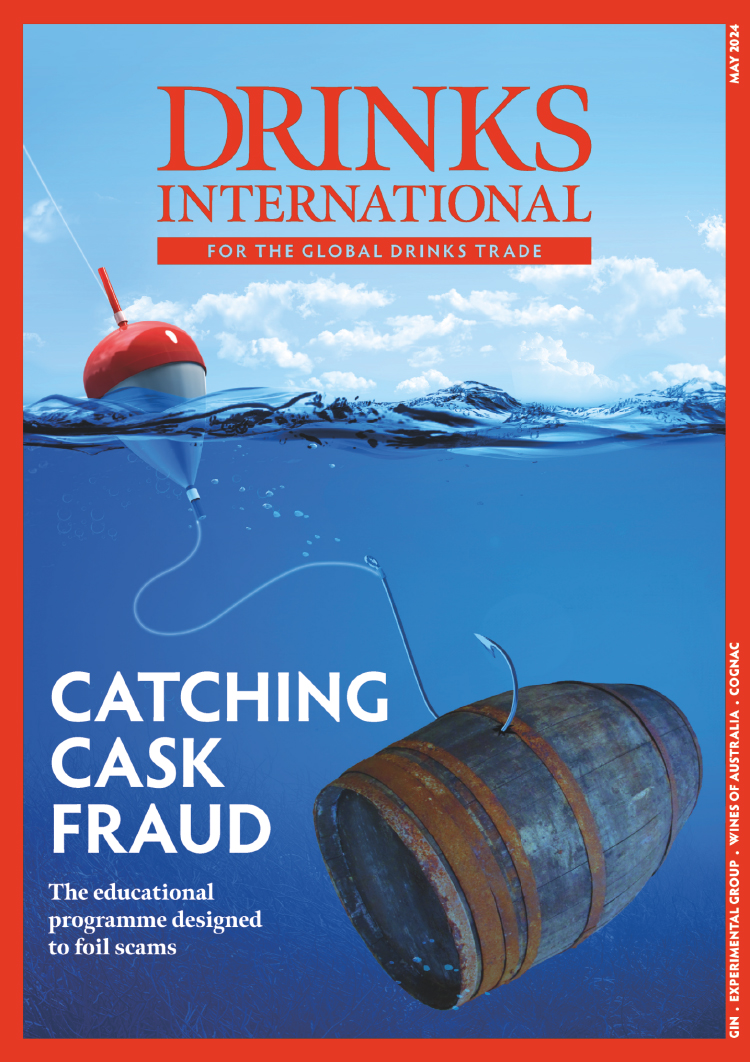Will Sauvignon Blanc and Malbec be succeeded by grape varieties that share some of their characteristics, or something entirely different? Will the next Pinot Grigio or Shiraz be associated with a single region, or with something more global? These are the kind of questions on which the marketing department speculates before informing the viticulturists on what they should be planting or ripping up.
But what the guesswork generally tends to ignore is the possibility that it may be something other than flavour profile (or marketing-friendly ease of pronunciation) that raises the next grape variety to the top. Indeed, in a world in which sustainability has become perhaps the most important theme in wine production, could it be that possession of an apparently more humdrum – but actually vital – attribute will define the next varietal star?
In France, an intriguing, long-running project is working towards this possibility. Run by the National Agronomical Research Institute, the Resdur programme has been developing a quartet of red and white grape varieties, in laboratory conditions, whose main distinguishing attributes are their almost complete resistance to the two principal types of fungal disease to afflict grape varieties: downy and powdery mildew.
The project came to prominence over the summer when the INRA was given permission to plant Araban, Floreal, Voltis and Vidoc in the INRA’s trial vineyard in Colmar, Alsace. The hope is that the vines will go on to produce sufficient healthy fruit to make some wine in 2020 and, ultimately, to be available commercially for French growers.
The potential attractions for winegrowers seem obvious. The scientists on the project claim the four varieties have the potential to reduce chemical sprays – including the copper sulphate used in sometimes huge quantities by accredited organic and biodynamic producers – by between 80% and 90%. That’s no small matter in a country where the ubiquitous use of fungicides and pesticides is under increasing scrutiny from environmentalists and labour organisers, who are concerned about effects on the health of vineyard workers, the soil and water sources and, after a recent scandal in which a group of schoolchildren were sprayed with pesticides, local communities.
Inevitably, news of the trial has brought out the traditionalist critics. In this case, the charge was that the vines were somehow “unnatural”, that their birth “in the laboratory” meant they were “Frankenstein vines” that threatened to disrupt the centuries-long adaptation of French grape varieties to their sites, a steady evolutionary progression that is a key part of French wine’s identity.
Such reactions seem more than usually excessive in this case. For one thing, the idea of taking elements of Asian and American vine varieties (as the Resdur project has done) to solve a problem in the European vineyard has a noble pedigree in the grafting of European vines on to American rootstocks to stem the spread of phylloxera. For another, nobody is suggesting that the new quartet will be replacing the Cabernets and Chardonnay any time soon, if ever.
But at a time when wine’s green credentials are coming under greater scrutiny than ever before, all winemakers should welcome this attempt to help a sometimes-dirty business clean up its act. Araban, Floreal, Voltis and Vidoc may not be the future of wine, but what we learn from their development may well help to secure it.



